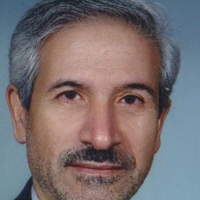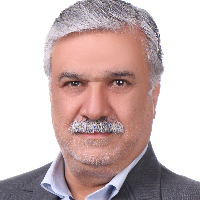Evaluating the Impacts of Balance of Payments Variables Shock on Selected Macroeconomic Variables Using FAVAR
International balance of payments is one of the most common criteria for measuring the flow of trade and capital transfers in an open economy. The three main components of this balance are: trade balance, current account (or difference between export and import of goods and services) and capital account. In this study, factor augmented vector autoregressive model (FAVAR) was used to evaluate the effects of balance of payments shocks on macroeconomic variables in the Iran economy in periode 1989-2017. The factors used in this study included economic growth, oil revenues, money growth, inflation, exchange rates and interest rates. The results show that the shock from the current account and capital account led to an increase in production, consumption and investment. The reaction of nominal sector variables such as inflation and interest rate to positive shock was also positive. Comparison of the results of this study shows that incorporation of hidden variables and factors into the model resulted in faster response of macroeconomic variables to the shocks entered by the balance of payments components.
-
Islamic banking governance model based on the thoughts of Shahid Sadr
Seyed Amin Tabatabaee Ghomsheh, Mostafa Salimifar*, Taqi Ebrahimi Salari, Ali Saeedi
Islamic Economics & Banking, -
How is the Iranian stock market affected by geopolitical risk and economic policy uncertainty in China, the US and the global?
Mohammad Sadegh Adibian, *, Hadi Esmaeilpour Moghadam
Iranian Journal of Accounting, Auditing and Finance, Winter 2025 -
Investigating the effects of climate change on the development of Iran's agricultural sector and household welfare and government programs for adaptation to climate change
Mostafa Arabi, MohammadReza Lotfalipour *, Hadi Ghavami, Ali Keramatzadeh
Journal of Geographical Engineering of Territory, -
Studying the Effect of Economic Openness on Energy Efficiency In Selection of Developing Countries
Mohammadreza Lotfalipour, Ebrahim Ghaed *, Shabnam Amirpur
Journal of Renewable and New Energy,



